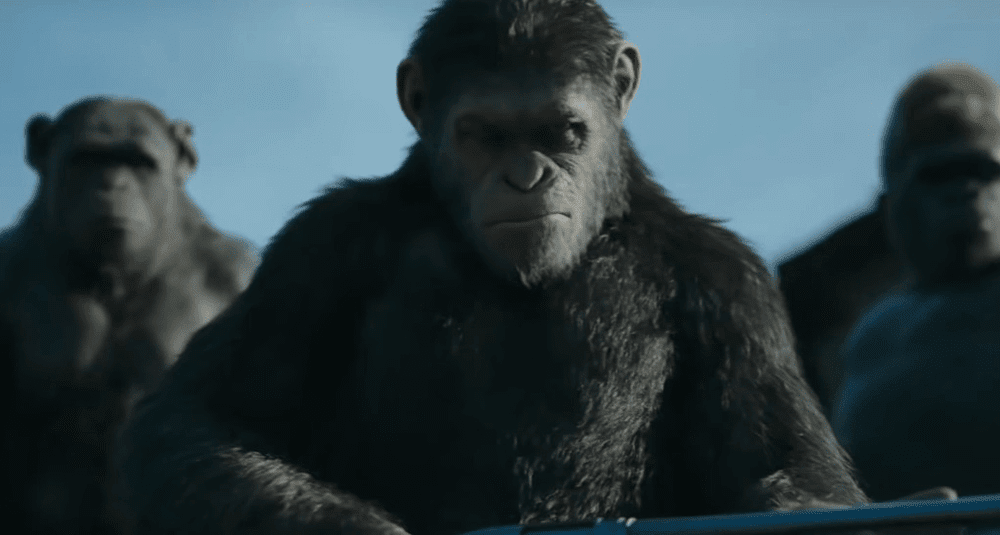Who is the author of the science fiction novel The Planet of the Apes published in 1963?
Last Updated:
Pierre Boulle is the author of the science-fiction novel Planet of the Apes, published in 1963. This novel has become a cult work, not only for its captivating plot, but also for the philosophical and social issues it raises.
Pierre Boulle was born on February 20, 1912 in Avignon, France. Before becoming a writer, he studied electrical engineering and worked as an engineer in Malaysia.
During the Second World War, Boulle joined the Free French Forces and was captured by Vichy forces. He was interned in a prison camp in Indochina, an experience that influenced his later writings.
After the war, Boulle embarked on a career as a writer. He is also known for his novel The Bridge on the River Kwai, published in 1952, which was adapted into an Oscar-winning film.
Planet of the Apes tells the story of a group of astronauts who discover a planet where apes are the dominant species and humans are reduced to savages. The protagonist, Ulysses Grouper, finds himself captured and must prove his intelligence to the apes in order to survive.
The novel tackles themes such as the nature of humanity, civilization, science and ethics. It raises questions about the hierarchy of species and the treatment of beings considered inferior.
The end of the novel reveals a shocking surprise that prompts the reader to reconsider notions of civilization and barbarism.
Planet of the Apes has been the subject of several film adaptations. The first, directed by Franklin J. Schaffner in 1968, has become a classic of the genre. Charlton Heston played the lead role of astronaut George Taylor. This version is famous for its iconic ending, in which Taylor discovers the Statue of Liberty in ruins, indicating that he had been on Earth all along.
The success of the 1968 film led to several sequels, remakes and reboots. The film franchise has explored different facets of the original story, introducing new characters and complex plots. Recent films, such as Planet of the Apes: Origins (2011) and its sequels, have modernized the story with advanced special effects and new perspectives.
The novel and its adaptations have had a lasting influence on popular culture. They have inspired science fiction, comic books, TV series and video games, perpetuating the impact of Boulle’s work on new generations.
One of the strengths of Planet of the Apes lies in its ability to make the reader reflect on human nature. By reversing the usual roles of domination, Boulle encourages us to question the way societies treat those they consider different or inferior.
The novel also criticizes the abuses of science and technology, and the dangers of human arrogance. These themes are explored through the interactions between apes and humans and the scientific discoveries made on Planet of the Apes.
Pierre Boulle is the author of the science-fiction novel Planet of the Apes, published in 1963. This visionary work not only captivated readers with its innovative plot, but also raised profound questions about society and human nature. Successfully adapted for the silver screen, Boulle’s novel continues to influence popular culture and provoke reflection on its universal themes.
literature

Who is the author of the science fiction novel The Planet of the Apes published in 1963?
Answer
The author of the science-fiction novel Planet of the Apes, published in 1963, is Pierre Boulle. The novel explores a society where apes dominate humans.